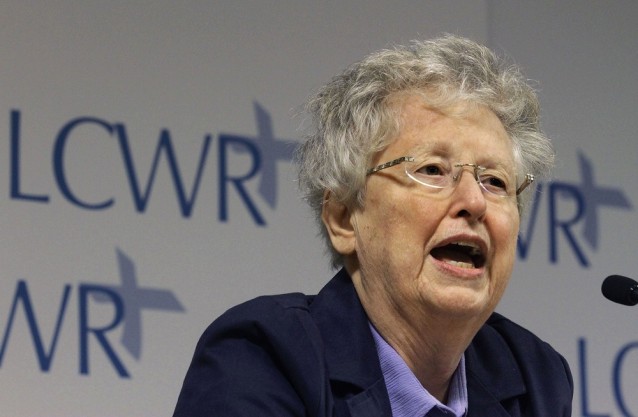The readings for the 32nd Sunday can be found here.
Each year the Christmas songs, decorations, food, and gift ideas seem to make an earlier appearance. Some friends have already put up their Christmas trees, and the stores from Costco to Walmart to CVS want us to begin our mad dash to December 25th.
And yet… Advent is still a full three weeks ahead of us. Our shortest possible Advent this year (Christmas falls on a Sunday, the day after the 4th Sunday of Advent) means the start to the liturgical season of preparation and anticipation is quite late, on December 3rd.
Thus, on this Thirty-Second Sunday in Ordinary Time, we may feel as if we are waiting for waiting; we count these final weeks of our liturgical year, and yet they may seem to drag, rather than hastening to the end and new beginning we all desire in the midst of cooler temperatures and falling leaves. And so, we find ourselves waiting to wait. We are preparing to prepare. We anticipate the anticipating of Advent.
It is appropriate, then, that our readings for this Sunday present to us, in various forms, the idea of waiting or even the idea of waiting for waiting. The gospel reading from Matthew presents the story of the ten virgins who went out to await the bridegroom’s coming. All ten had lamps full of oil, and all ten fell asleep when the bridegroom was delayed. But the five wise virgins had also brought along extra flasks of oil. They were prepared to prepare for a late coming of the bridegroom. They anticipated the delayed anticipation of the bridegroom. And, as we know, these five were ready when the bridegroom arrived, whereas the other five were absent, purchasing oil, and arrived at the feast late.
“Amen, I say to you, I do not now you. Therefore, stay awake, for you know neither the day nor the hour” (Matthew 25:13). These are ominous words to represent the Kingdom of God, and so we have to ask ourselves why Jesus addressed such a parable to his own disciples. These disciples were tasked with their own sort of waiting to wait for the Kingdom of God. They expected something big, but they did not know the details.
And what can we do in such situations, when we know neither the day nor the hour? We must prepare ourselves to prepare. We might think of a chef that readies his ingredients together on the table, so that the dish can come together easily when the cooking begins. This preparation of ingredients and work space precedes the preparation of the meal.
In other words, there is a disposition of readiness that we can cultivate in the daily living of our lives, and we hear that disposition described beautifully in the first reading from Wisdom: “whoever for [wisdom’s] sake keeps vigil shall quickly be free from care; because she makes her own rounds, seeking those worthy of her, and graciously appears to them in the ways, and meets them with all solicitude.” Complementing this passages is our responsorial psalm (63:2b), which says “My soul is thirsting for you, O Lord, my God.” The idea of keeping vigil for wisdom and thirsting for God shows a disposition of readiness that comes from desire to do God’s will. We may not know exactly how God will want us to serve him in the future, and yet, even now, we can prepare ourselves to do whatever it might be.
As this liturgical year comes to an end in these next few weeks, we can begin preparing for the preparation of Advent, from purchasing our Advent candles to looking ahead at and organizing our December calendar to considering resolutions we can embrace during the Advent season. In this way, we will not be surprised when we hear that the babe is near.



